Blossoming Body: 8 Odd Changes That Happen During Pregnancy
Your changing body

Pregnancy is a time of major physical changes, from a swollen belly to swollen feet. Here are eight of the strangest things that happen to the body when you're pregnant.
You grow a whole new organ
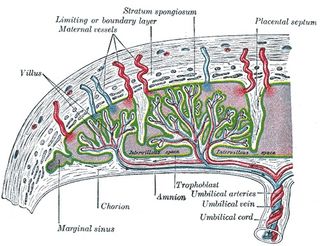
It’s not just a baby-to-be developing in the womb; pregnant women are also growing a whole new organ. The placenta is the only transient organ in the human body. It starts to form when the fertilized egg, at this point a multicellular blastocyst, implants in the uterine wall about a week after conception. The outer layer of the blastocyst, called the trophoblast, develops into what will be the bulk of the placenta.
Once the placenta is established, its job is to form a porous barrier between mom’s and baby’s blood. Maternal vessels seep nutrients and oxygen into spaces called intervillous spaces in the placenta, where fetal vessels pick up these necessities to deliver to the developing fetus via the umbilical. The fetus rids itself of waste in the same way.
The placenta has another, lesser-known part to play in its role as temporary organ. This one-pound (2.2-kilogram) dark-red disk is also an endocrine organ, meaning it excretes hormones. These hormones, from human chorionic gonadotropin (hCG, the hormone detected in pregnancy tests) to estrogen and progesterone, are crucial for maintaining the pregnancy and preparing the mammary glands for nursing.
Your bones get loose
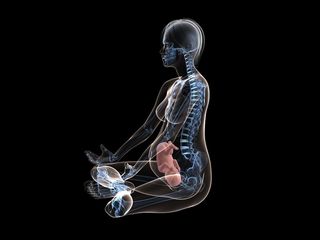
Baby’s head has got to make it of the hard, bony pelvis somehow. Fortunately, the pregnant body has a trick up its sleeve: the hormone relaxin, appropriately named because it relaxes the cartilage that holds bones together. Relaxin loosens the pubic symphysis, the place on the pubic bone located in front of the bladder where a ring of cartilage anchors the bone together. This relaxation makes labor easier, but unfortunately it isn’t targeted just to the pelvis — relaxin, present at 10 times normal levels during pregnancy, hits all joints in the body. The hormone is one reason that some women experience joint and back pain as pregnancy progresses. Relaxin and loosening ligaments are also to blame for some women’s shoe size increasing during pregnancy.
Memory may get fuzzy

Wait, what was I doing? Pregnancy brain is no myth, according to a 2010 study. During the second and third trimesters of pregnancy, women perform significantly worse on spatial memory tests than their non-pregnant sisters, the research found. It’s possible that hormonal changes are to blame, study researcher Diane Farrar of the University of Bradford in England told LiveScience, though pregnancy-triggered mood changes could be at fault as well.
You may feel queasy
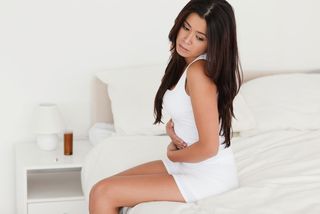
First, the bad news: “Morning” sickness is a lie. In fact, nausea and vomiting can strike pregnant women at any time of day. Fortunately, this side effect of pregnancy usually passes by week 12 or so.
No one is entirely sure why morning sickness affects about half of pregnant women, but a 2008 study suggests that all the queasiness may be an adaptation to help keep developing embryos safe. The study found that morning sickness is most often triggered by strong smells and tastes, suggesting that the body is trying to prevent consumption of potentially dangerous substances. Morning sickness peaks around the same time as initial organ development in embryos, another hint that the body might be on high alert during this period.
Your heart aches
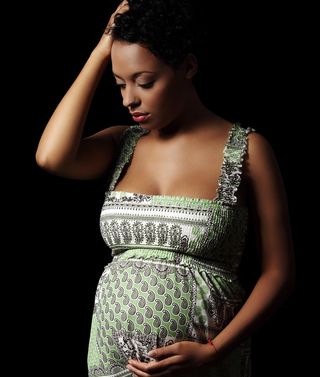
… But not because you’re sad. Heartburn is caused by the pressure the expanding uterus puts on the digestive system. Usually, the acid contents of the stomach are kept down by the esophageal sphincter, a loop of muscle in the diaphragm that acts to close off the esophagus when pressure in the abdomen rises. But during pregnancy, the hormone progesterone relaxes that sphincter. Meanwhile, the bigger baby gets, the more pressure it puts on the intestines and stomach.
Your bladder gets squished

For anyone who’s been expecting or seen a pregnant woman in line for the restroom, you already know that the frequent need to pee can direct an expecting mom’s day or at least her route from point A to point B. The reason? You can blame your growing infant, as an unborn baby presses down on the bladder, urethra and pelvic floor muscles. The pressure not only means more bathroom breaks, but a cough, sneeze or giggle can cause leakage of urine.
You: Now with 50% more blood
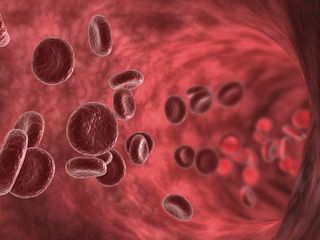
All the hard work of pregnancy requires more blood vessels — and more blood. By the 20th week of pregnancy, your body has 50 percent more blood than it did when you conceived. All this extra blood can have some strange side effects, including varicose veins, hemorrhoids, and even the famous pregnancy “glow” as you get more circulation to your skin. Extra blood may even result in nosebleeds and nasal stuffiness as your mucous membranes swell.
Your hands may tingle

You may not be a typist or a concert pianist, but pregnancy alone can cause carpal tunnel syndrome in some women. This side effect, marked by numb or tingling hands, is caused by edema, or pregnancy swelling. Extra fluids (which are responsible for 25 percent of weight gain during pregnancy) can pool in the ankles and wrists thanks to gravity. In the wrists, this swelling can pinch nerves, causing “pins-and-needles” tingling. Fortunately, as with all eight of these bodily changes, there’s a cure: Make it through pregnancy and deliver your bouncing bundle of joy.
Sign up for the Live Science daily newsletter now
Get the world’s most fascinating discoveries delivered straight to your inbox.

Stephanie Pappas is a contributing writer for Live Science, covering topics ranging from geoscience to archaeology to the human brain and behavior. She was previously a senior writer for Live Science but is now a freelancer based in Denver, Colorado, and regularly contributes to Scientific American and The Monitor, the monthly magazine of the American Psychological Association. Stephanie received a bachelor's degree in psychology from the University of South Carolina and a graduate certificate in science communication from the University of California, Santa Cruz.
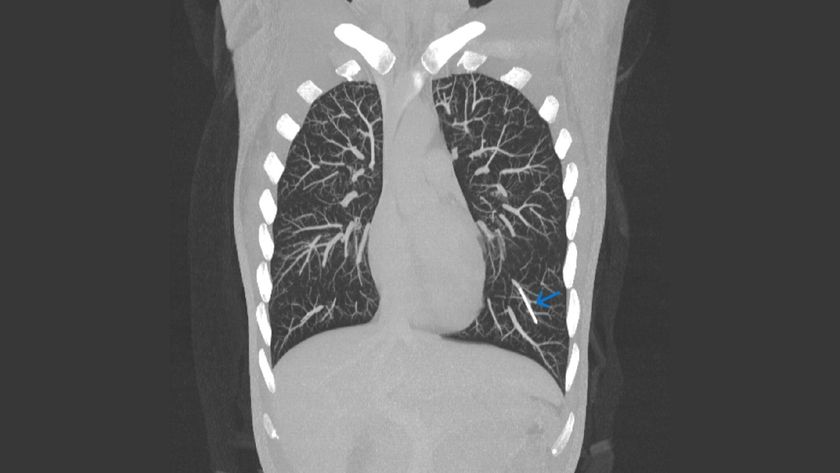
'Wandering' contraceptive implant travels to woman's lung in rare case
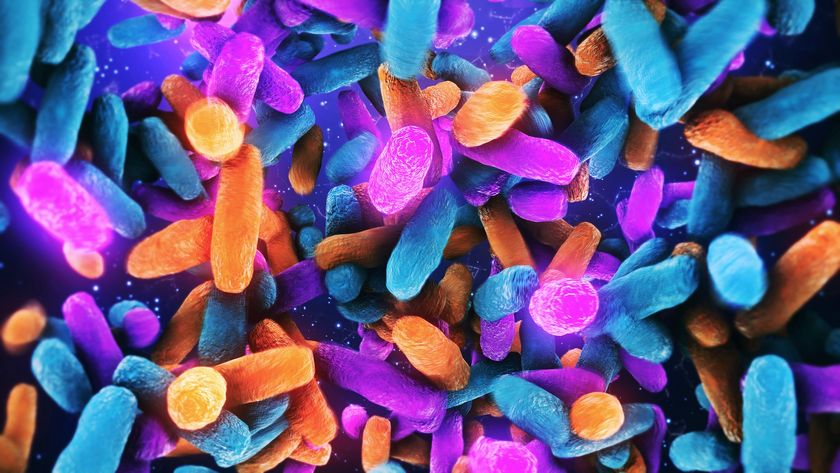
Scientists are building an ultimate atlas of the vagina. Here's why.
